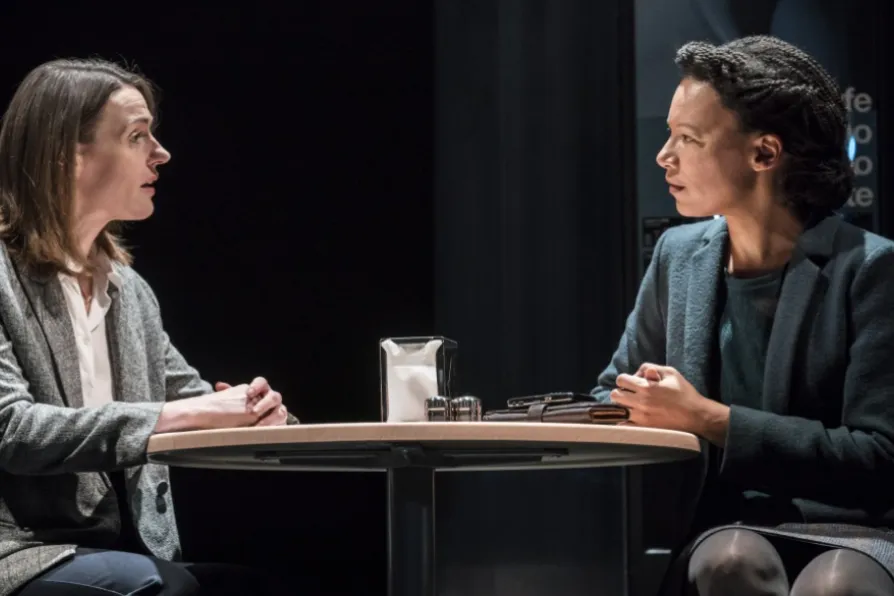MATTHEW HAWKINS contrasts the sinister enchantments of an AI infused interactive exhibition with the intimacies disclosed by two real artists

 Splendid: Suranne Jones and Nina Sosanya in Frozen
[Johan Persson]
Splendid: Suranne Jones and Nina Sosanya in Frozen
[Johan Persson]
Frozen
Theatre Royal Haymarket, London
BRYONY LAVERY’S Frozen arrives at the Theatre Royal with a starry cast and a formidable track record after previous productions at Birmingham Rep, the National Theatre and on Broadway attracted award nominations.
But there's something about Lavery's story of a remorseless serial killer who commits the kind of crime that makes avengers of us all and sets mobs baying for blood that leaves me cold.
Centred on the rape and murder of a child, Frozen cuts through spontaneous revulsion with intelligent questions while seeming to exploit, rather than dissipate, the prurience of the world at large.

MARY CONWAY applauds the success of Beth Steel’s bitter-sweet state-of-the-nation play

In this production of David Mamet’s play, MARY CONWAY misses the essence of cruelty that is at the heart of the American deal












